Domestic difficulties and international challenges "surrounding" the leaders of member countries make this year's G7 Summit in Italy even more noteworthy.
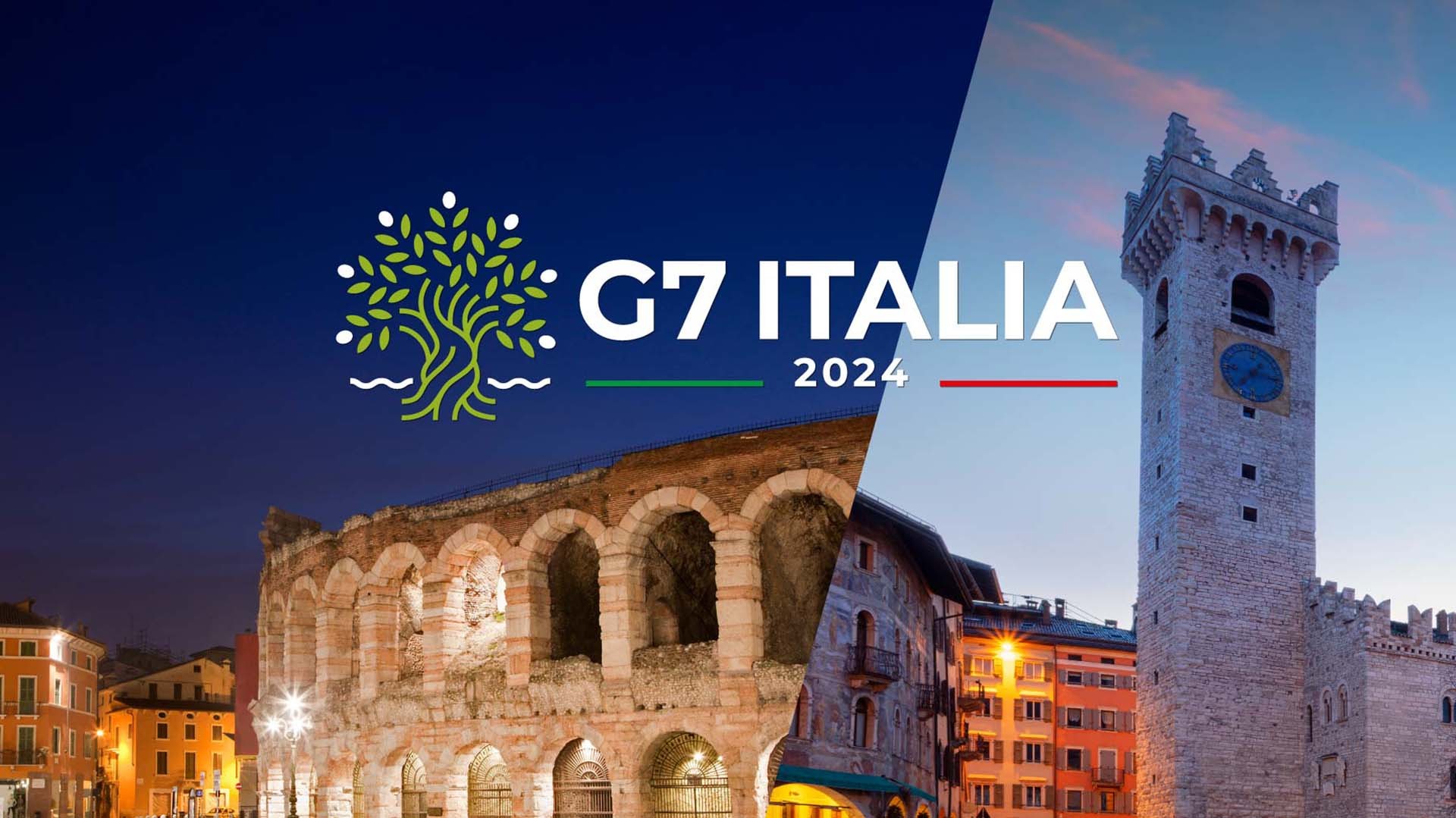 |
| The G7 Summit took place at the Borgo Egnazia Hotel, Puglia (Italy) from June 13-15. (Source: DPA) |
On June 13-15, the Borgo Egnazia hotel in Puglia, western Italy, became the focus of media attention when it welcomed leaders of the Group of Seven (G7) leading industrialized nations to gather and discuss urgent global issues.
The first ones
This year's conference welcomes more delegates and guests than before. In addition to the leaders of member countries (the US, Japan, Canada, Germany, France, the UK and Italy), the leaders of India, Brazil, Argentina, Turkey, Ukraine, the United Arab Emirates (UAE), Kenya, Algeria, Tunisia, Mauritania... will attend the conference. Representatives of regional and international organizations such as the United Nations, the European Union (EU), the World Bank (WB), the International Monetary Fund (IMF), the African Development Bank and the Organization for Economic Cooperation and Development (OECD) will also attend. Notably, Pope Francis will become the first Pope in history to attend the G7 Summit.
“The G7 will bring together like-minded countries that are committed to fundamental principles,” an Italian official said. “However, it is not a closed event and is always open to everyone.” More importantly, the 2024 G7 Summit takes place at a time when leaders of member countries are facing many challenges.
US President Joe Biden faces a number of difficulties ahead of the November election, while British Prime Minister Rishi Sunak faces the prospect of losing his seat after a similar event in July. Meanwhile, French and German leaders are trying to find a solution after their defeat in the European Parliament (EP) elections.
The approval ratings of Canadian Prime Minister Justin Trudeau and his Japanese counterpart Fumio Kishida continue to decline. Only Italian Prime Minister Giorgia Meloni is currently holding on to his seat after a resounding victory in the European Parliament elections. However, according to Francesco Galietti, founder of the political risk research firm Policy Sonar in Rome, Italy, the host's position alone is not enough to create political weight for this year's G7 Summit.
Many problems, little consensus
The issues facing the G7 leaders in Puglia, Italy, are as complex and difficult as those they face at home. On the first day, June 13, the parties will discuss Africa, climate change and development, before moving to the Middle East and concluding with two sessions on Ukraine. On the second day, the conference will discuss migration, the Indo-Pacific and economic security, the Mediterranean, energy and Africa. Pope Francis will lead the final G7 discussion on artificial intelligence (AI).
One focus of the summit is the handling of Russian assets frozen in the West, worth an estimated $300 billion, to aid Ukraine. Currently, the Washington administration wants to use profits from Moscow's frozen assets to provide a $50 billion loan to Ukraine, while some European countries want to use the profits from frozen assets to buy weapons and rebuild Ukraine.
However, Berlin and Tokyo did not support this proposal. Germany believes that the Russian assets should be kept intact as leverage in peace negotiations. According to analysts, it also wants to help its companies in Russia avoid retaliation from Moscow.
In addition, the US said the G7 could “send a strong warning” to some Chinese banks that help Russia evade Western sanctions. Washington could announce stronger measures targeting financial and non-bank institutions that are part of the “technology and goods pipeline” supporting Russia. But there is no indication that the rest of the group will support the tough US proposal.
Meanwhile, following the United Nations Security Council resolution on the US-proposed Israel-Hamas ceasefire, G7 member countries are expected to once again support peace negotiations, as well as post-conflict reconstruction efforts in the Gaza Strip.
China is a hot topic at the G7. G7 leaders may issue a joint statement warning of industrial overcapacity and consider imposing additional measures against Beijing’s “patronage policies” on some companies. But as with the two issues, it is unclear whether Europe, Japan and Canada are ready to follow the US’s tougher stance on China. EU members see Beijing as a major export market, while Berlin and Paris are reluctant to start a trade war with their top partner.
The final highlight of the summit is a special session on AI, a top priority for Meloni during her G7 presidency. Pope Francis will address the ethical and international legal aspects of AI. Rome has reiterated its call for AI Ethics, with six core principles: transparency, inclusion, accountability, fairness, trust, security and privacy. The G7 countries hope to find common ground on this.
In addition, in the context of efforts to promote a global minimum tax that are unlikely to reach an agreement this month, the G7 host country may push two other priority topics more strongly, namely the migration situation or the strategic partnership with Africa. In addition, the content of commitments to combat climate change, ensure food security, and strengthen global supply chains will appear in the above discussion sessions.
In the past five years, the G7 Summits, even in the most difficult moments in Biarritz (France) or Carbis Bay (Germany), have ended with a joint statement. This time, it may not be an exception. However, whether the message from the joint statement is enough to promote solutions to a series of urgent problems today is the story ahead.
Source: https://baoquocte.vn/hoi-nghi-thuong-dinh-g7-vuot-kho-co-thanh-274831.html



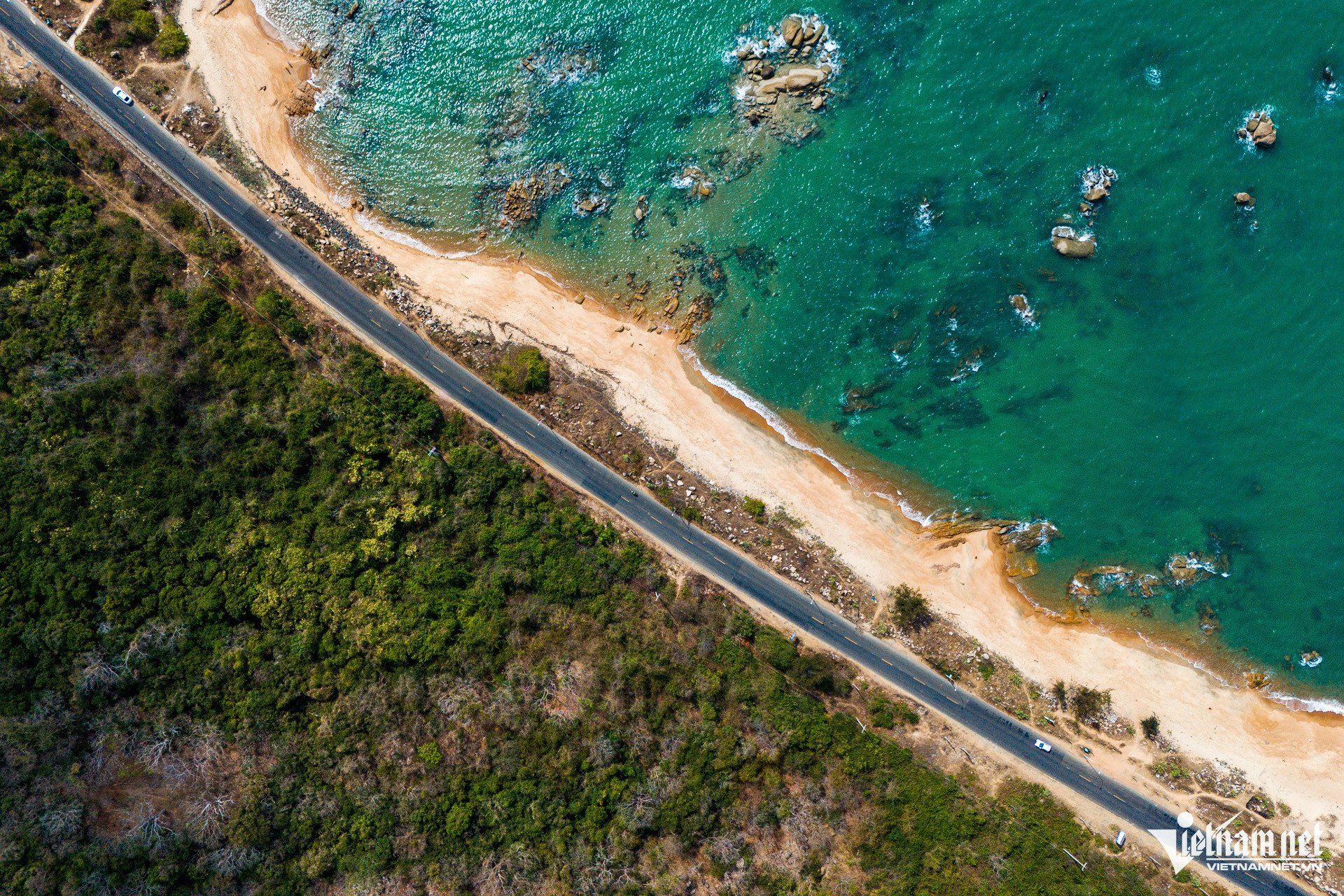
![[Photo] Close-up of Vietnam's sniffer dog team searching for earthquake victims in Myanmar](https://vstatic.vietnam.vn/vietnam/resource/IMAGE/2025/4/1/d4949a0510ba40af93a15359b5450df2)
![[Photo] Relatives of victims of the earthquake in Myanmar were moved and grateful to the rescue team of the Vietnamese Ministry of National Defense.](https://vstatic.vietnam.vn/vietnam/resource/IMAGE/2025/4/2/aa6a37e9b59543dfb0ddc7f44162a7a7)

![[Photo] Third meeting of the Organizing Subcommittee serving the 14th National Party Congress](https://vstatic.vietnam.vn/vietnam/resource/IMAGE/2025/4/2/3f342a185e714df58aad8c0fc08e4af2)
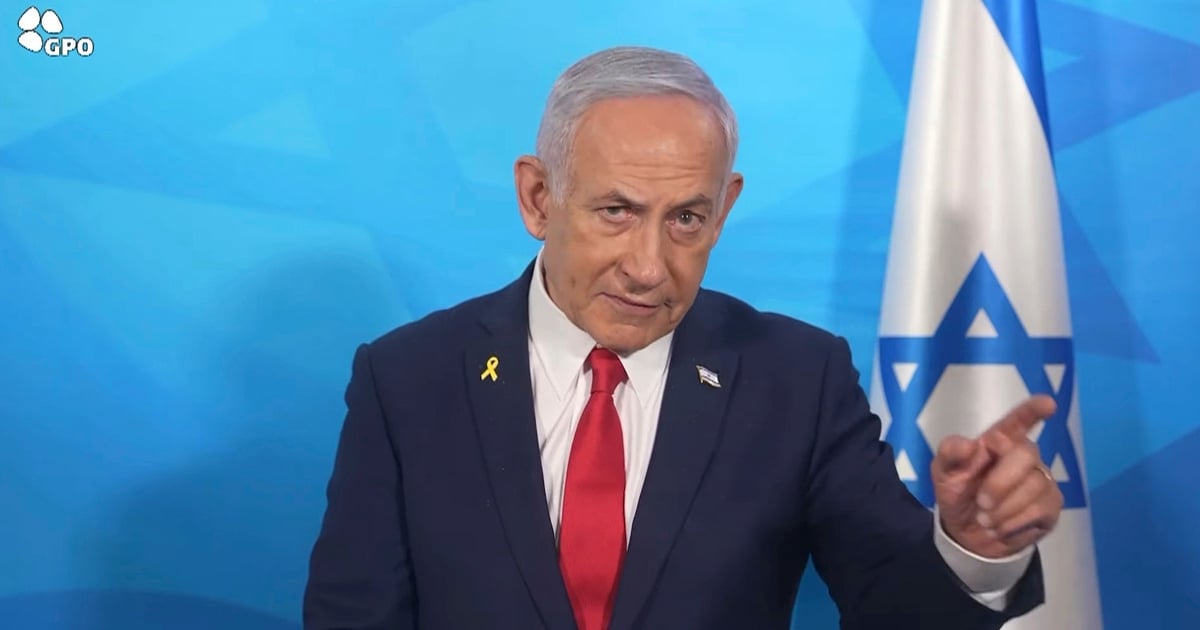



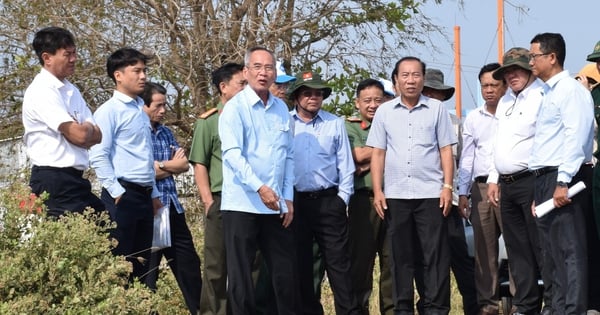

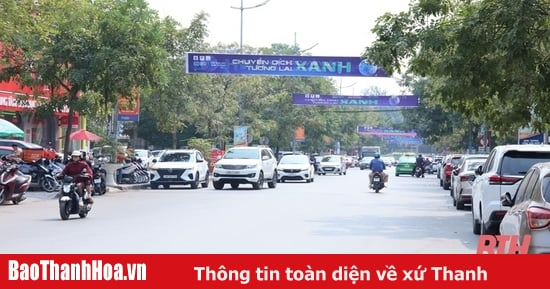

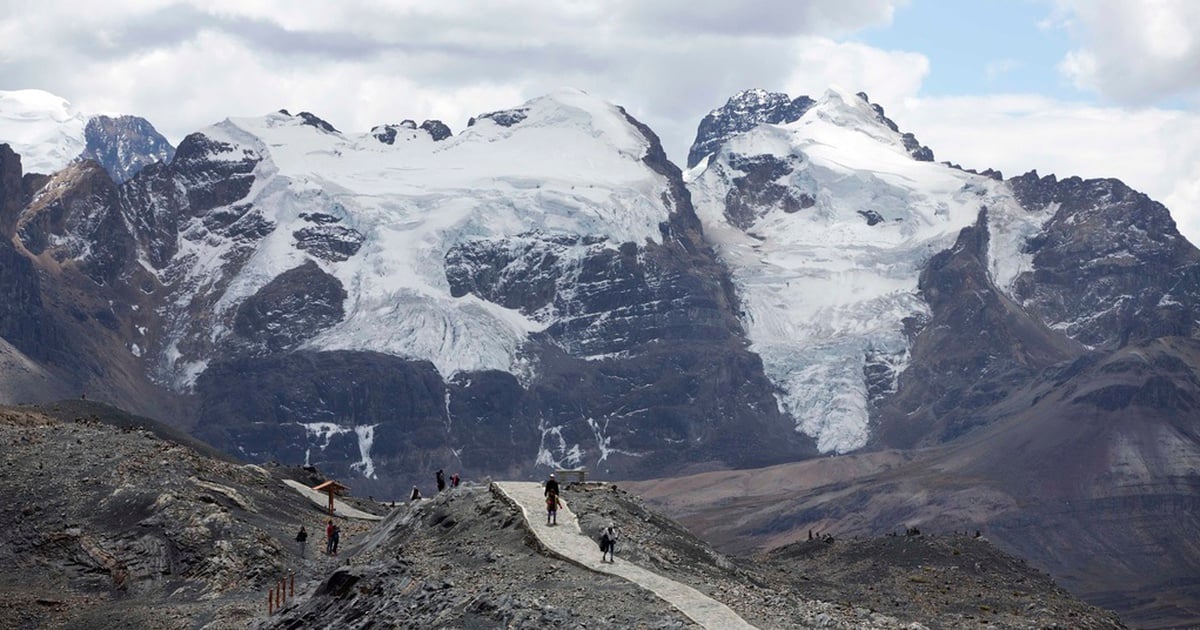

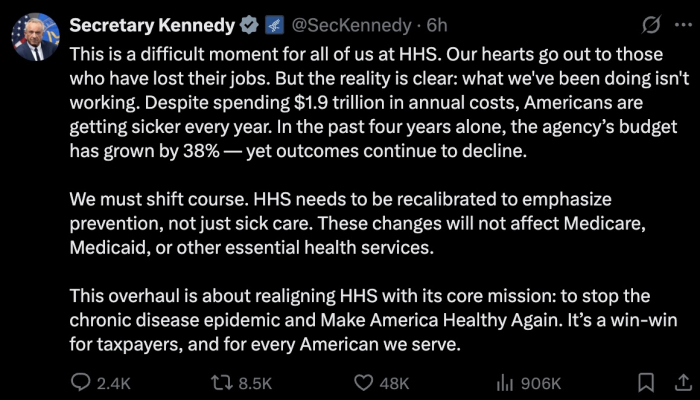
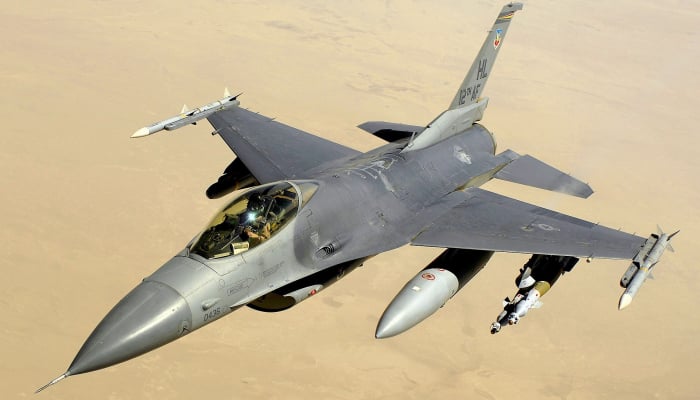

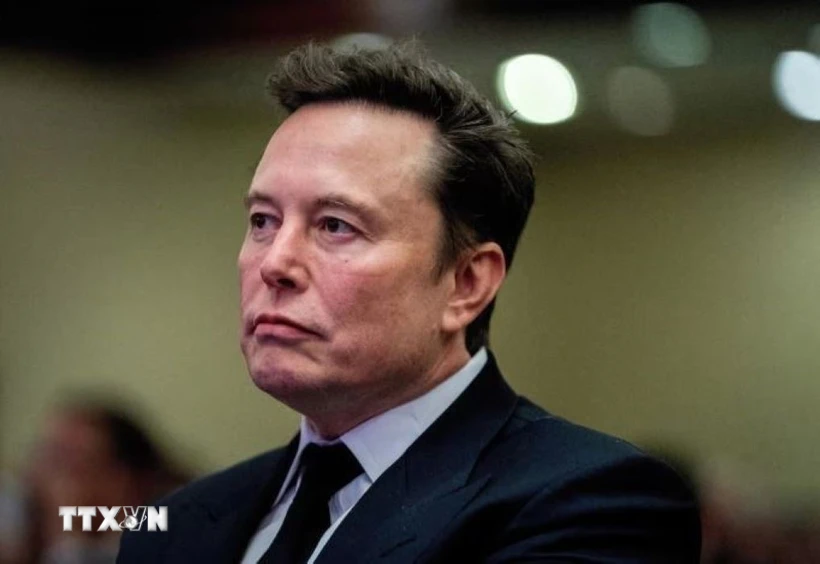
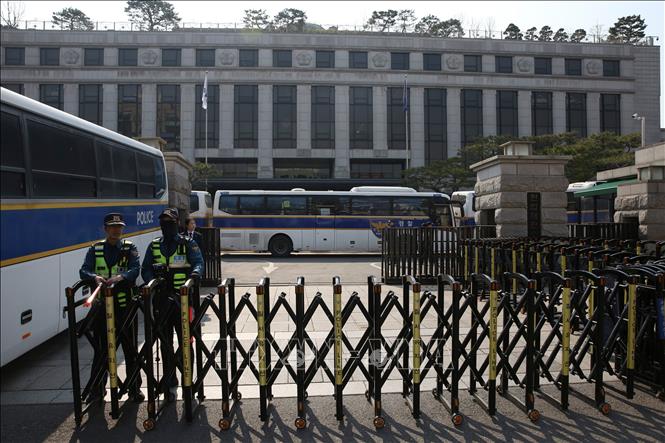
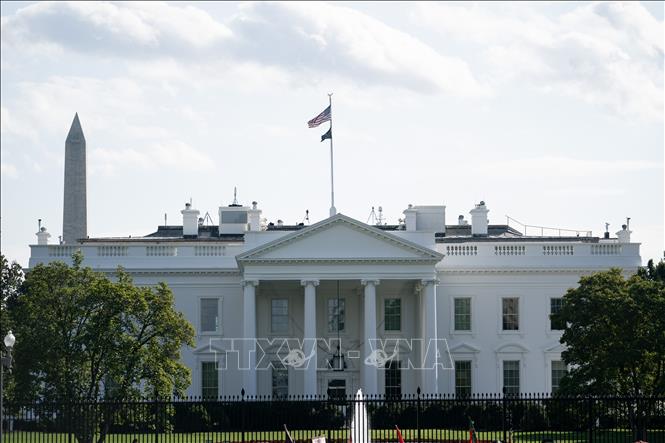




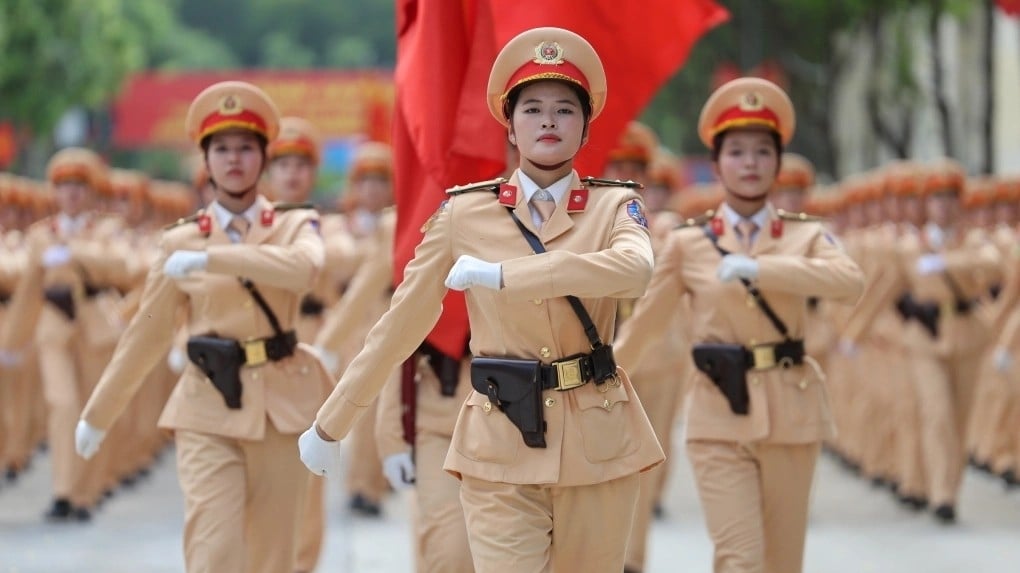
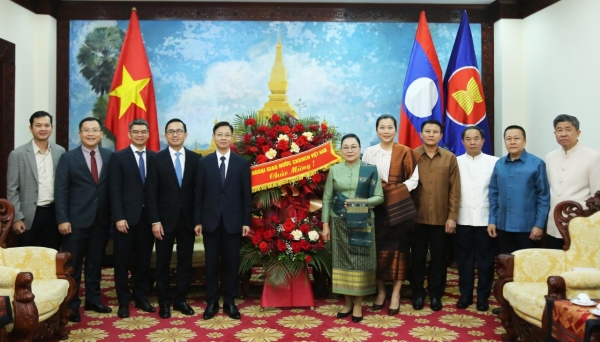

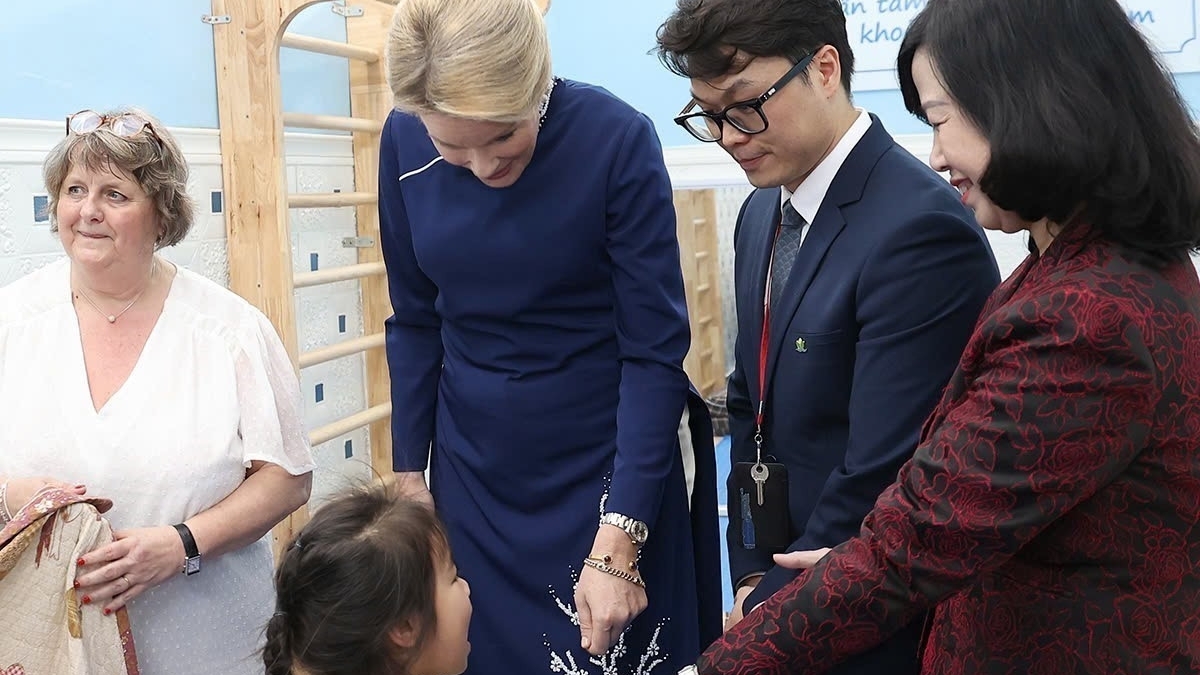

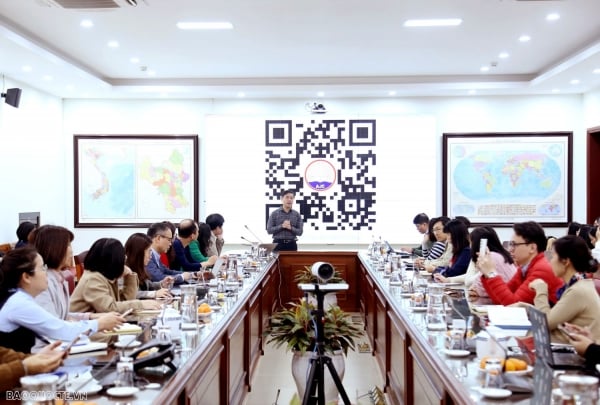






























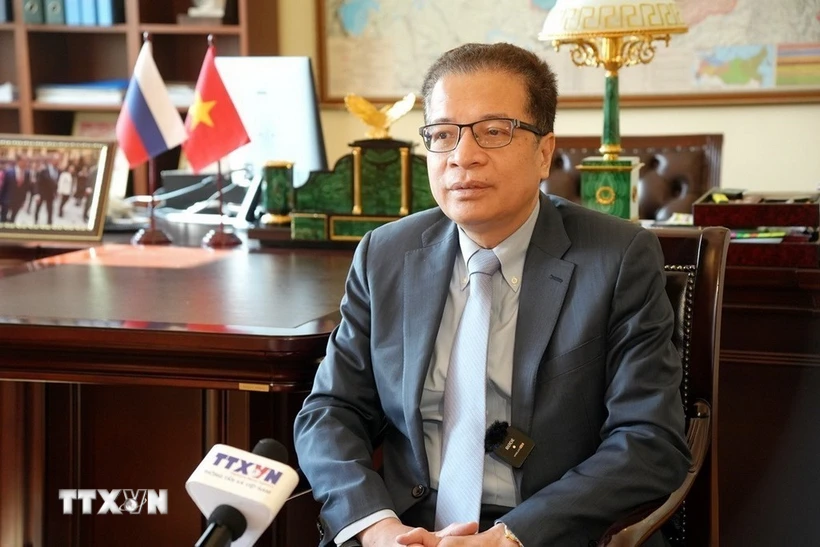
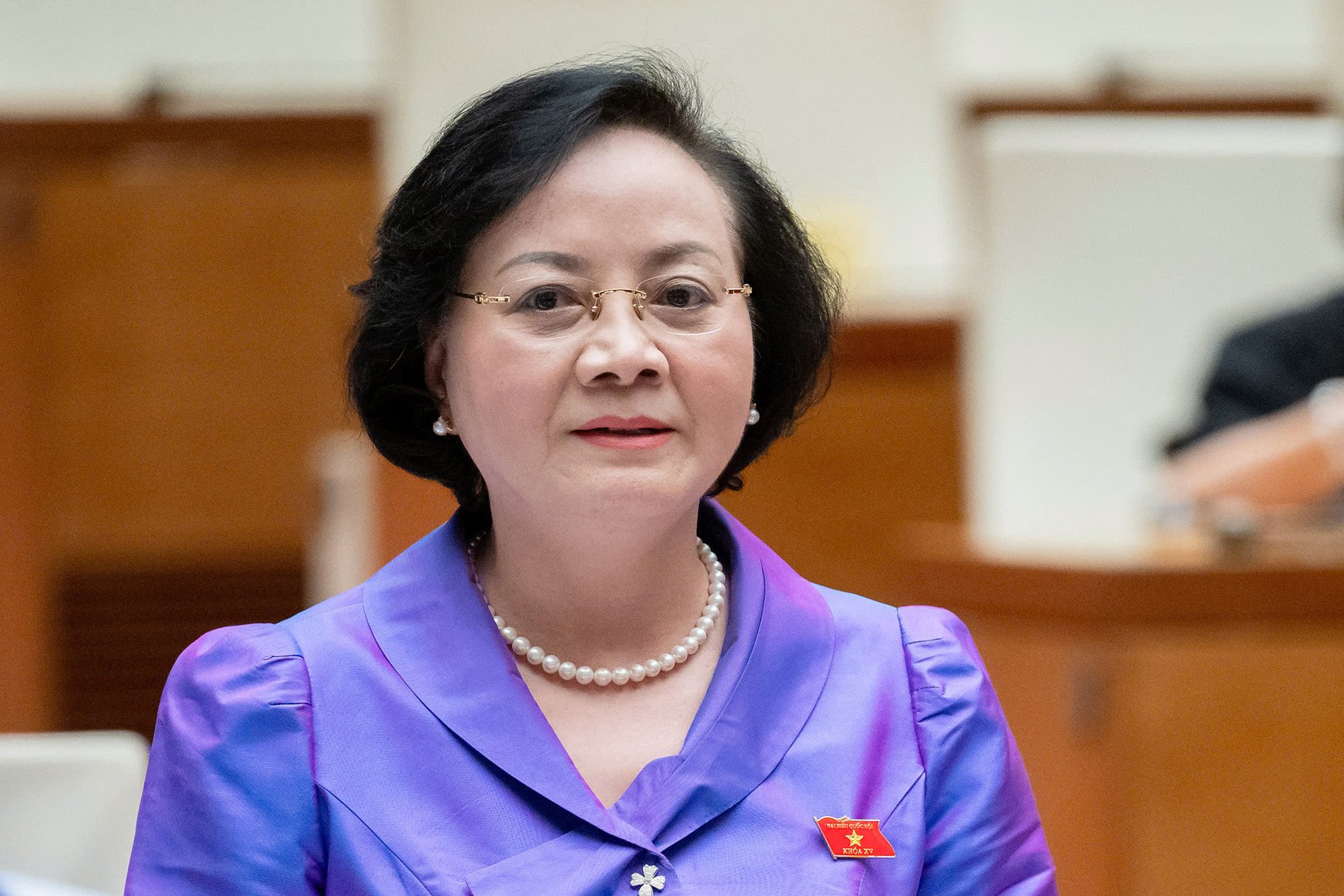

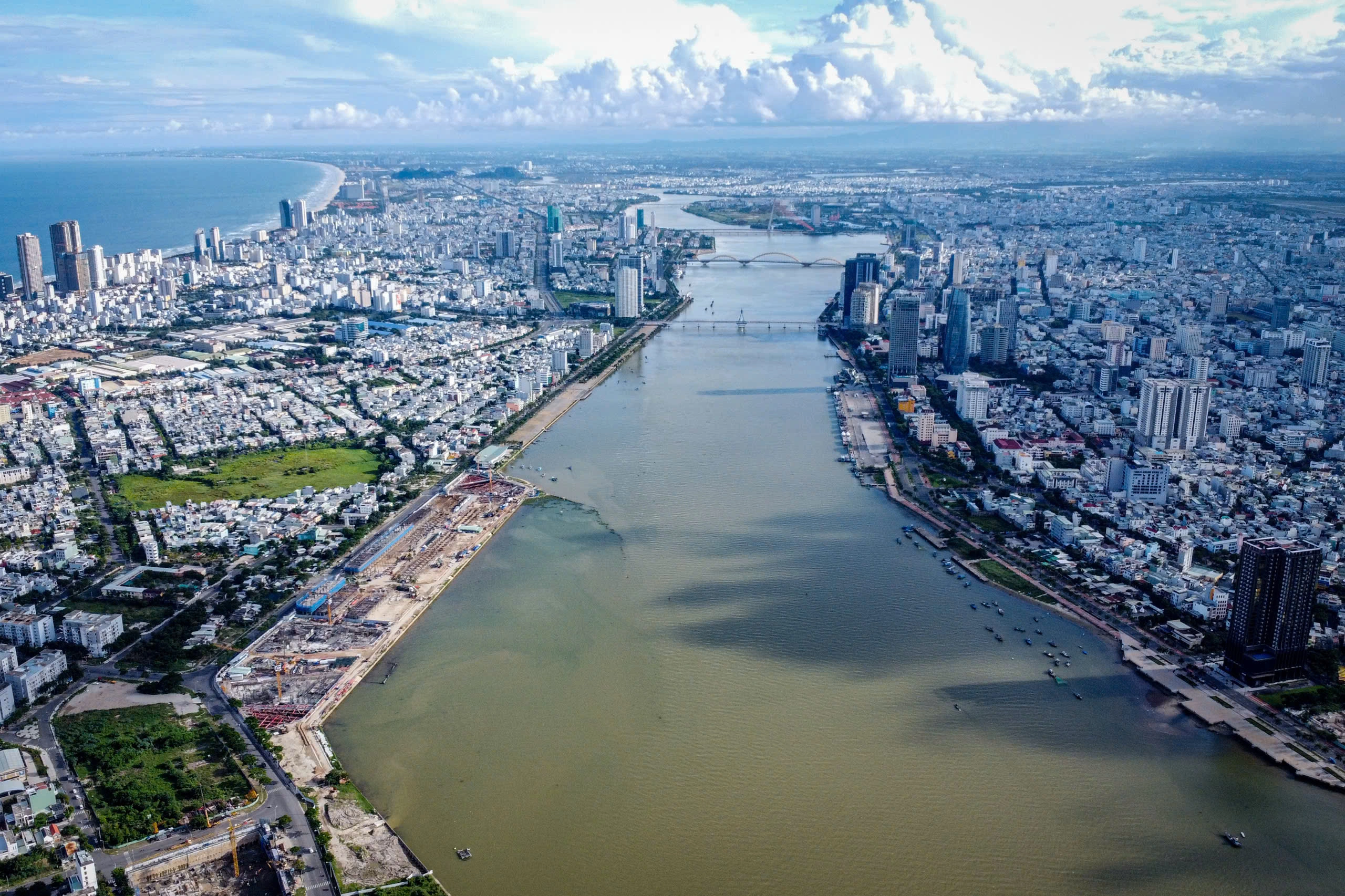
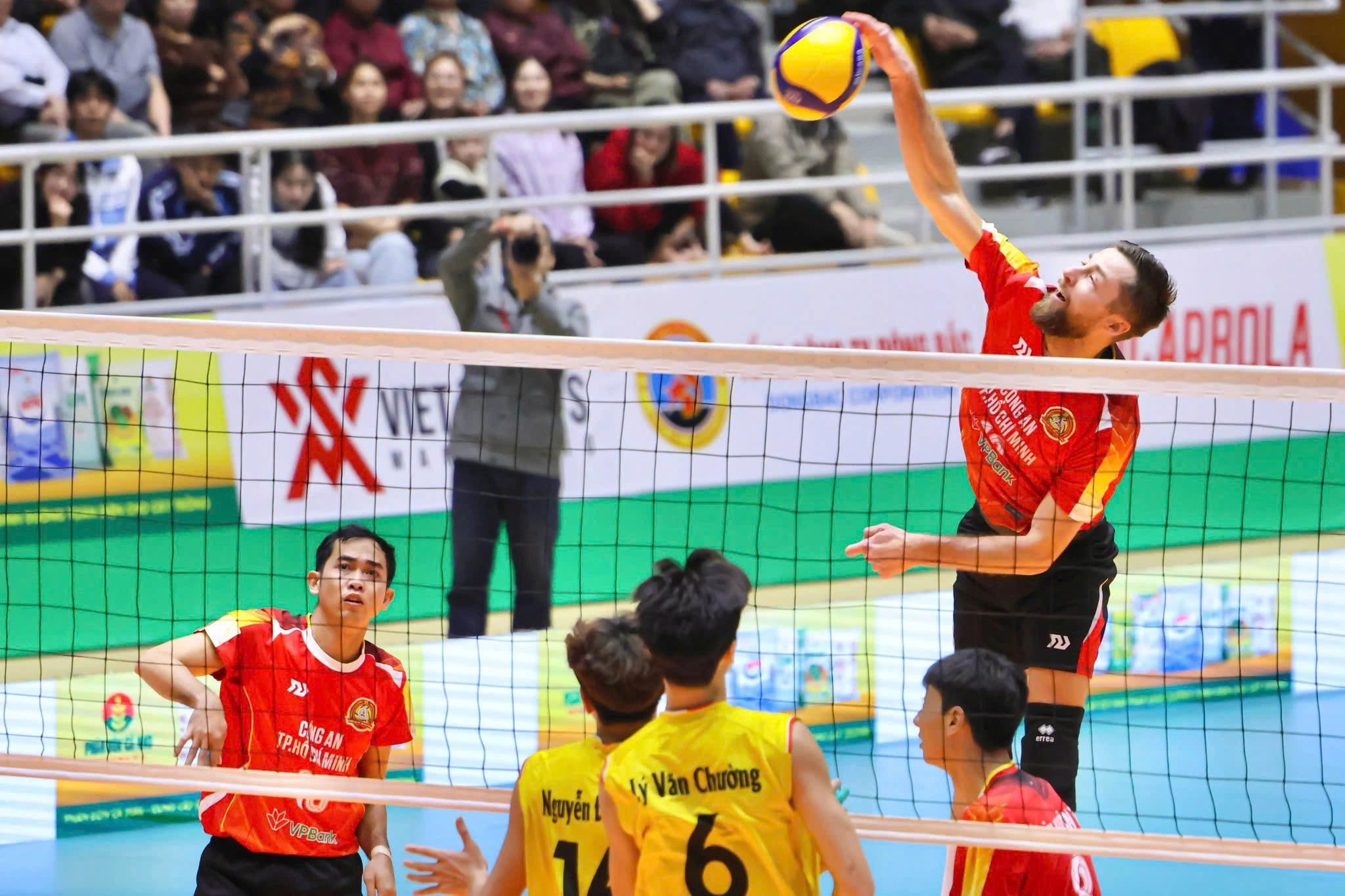
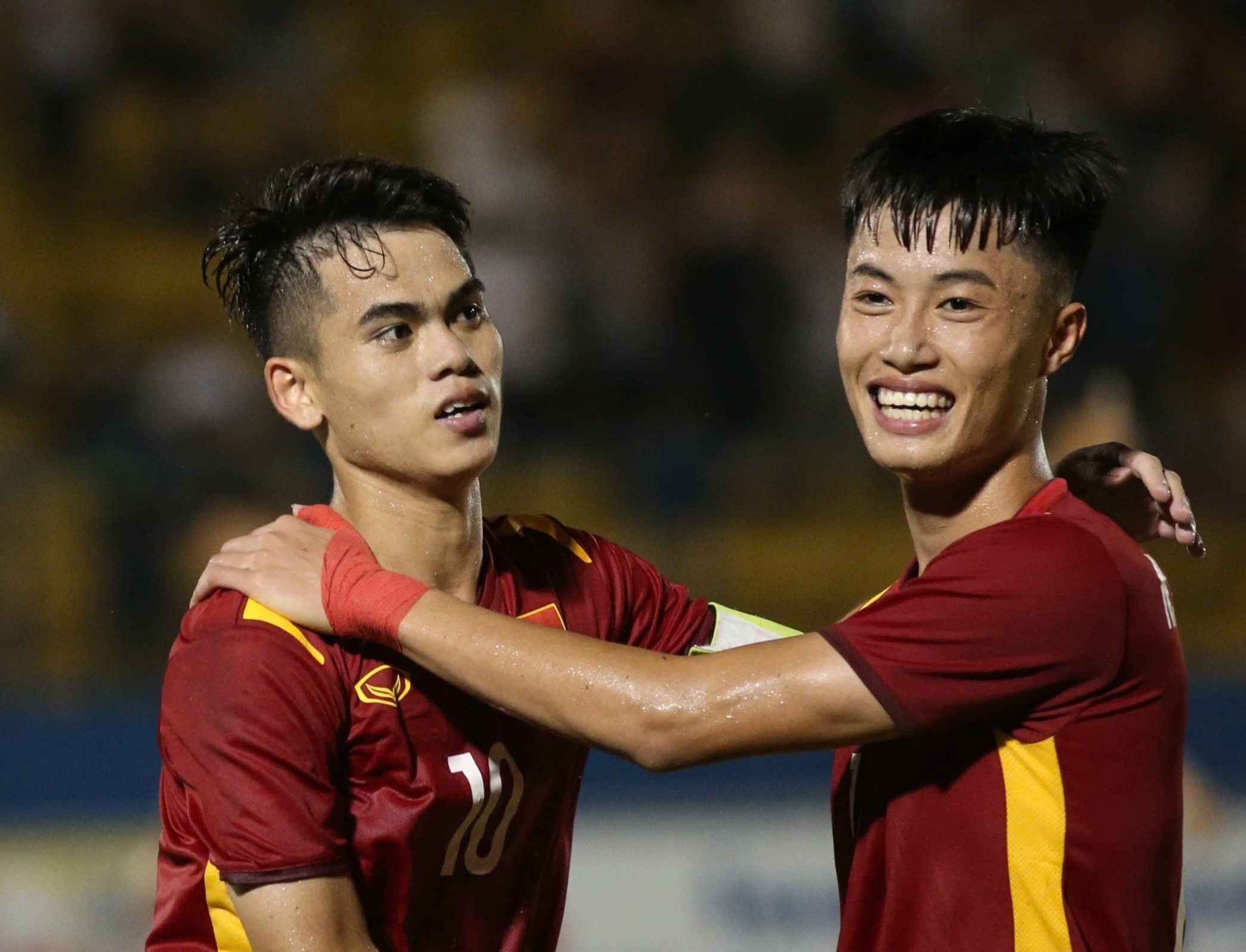



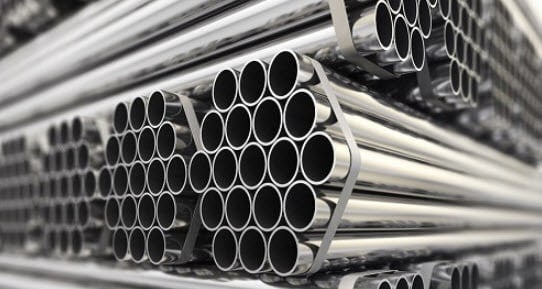


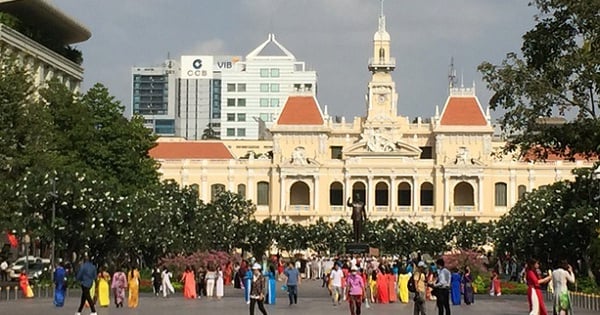
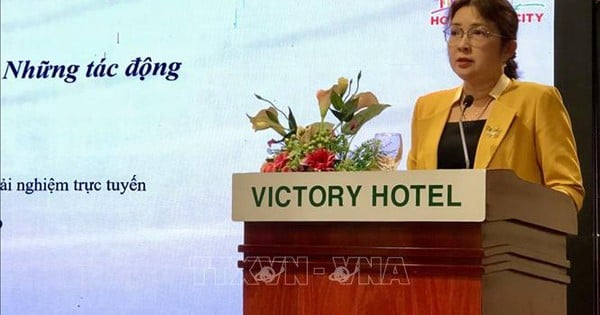
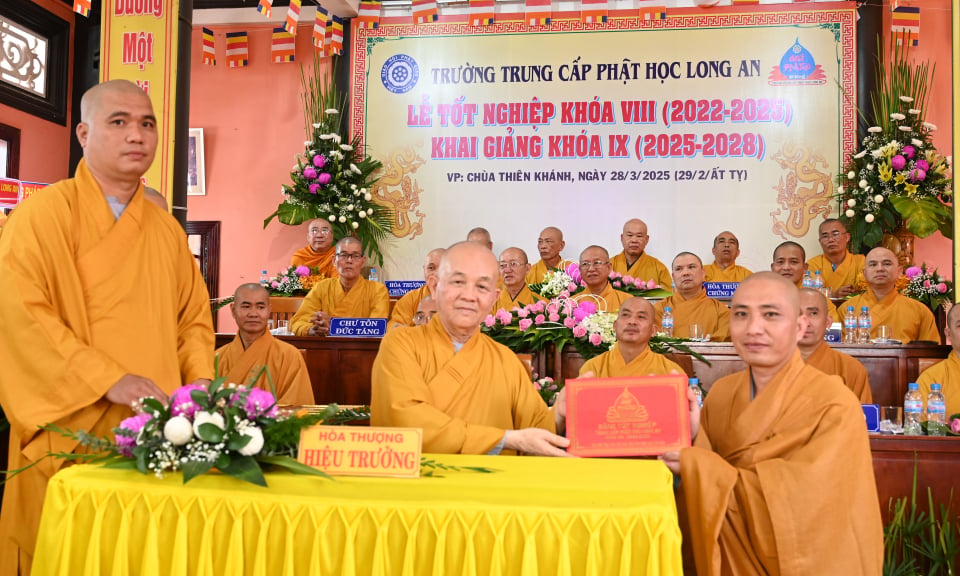

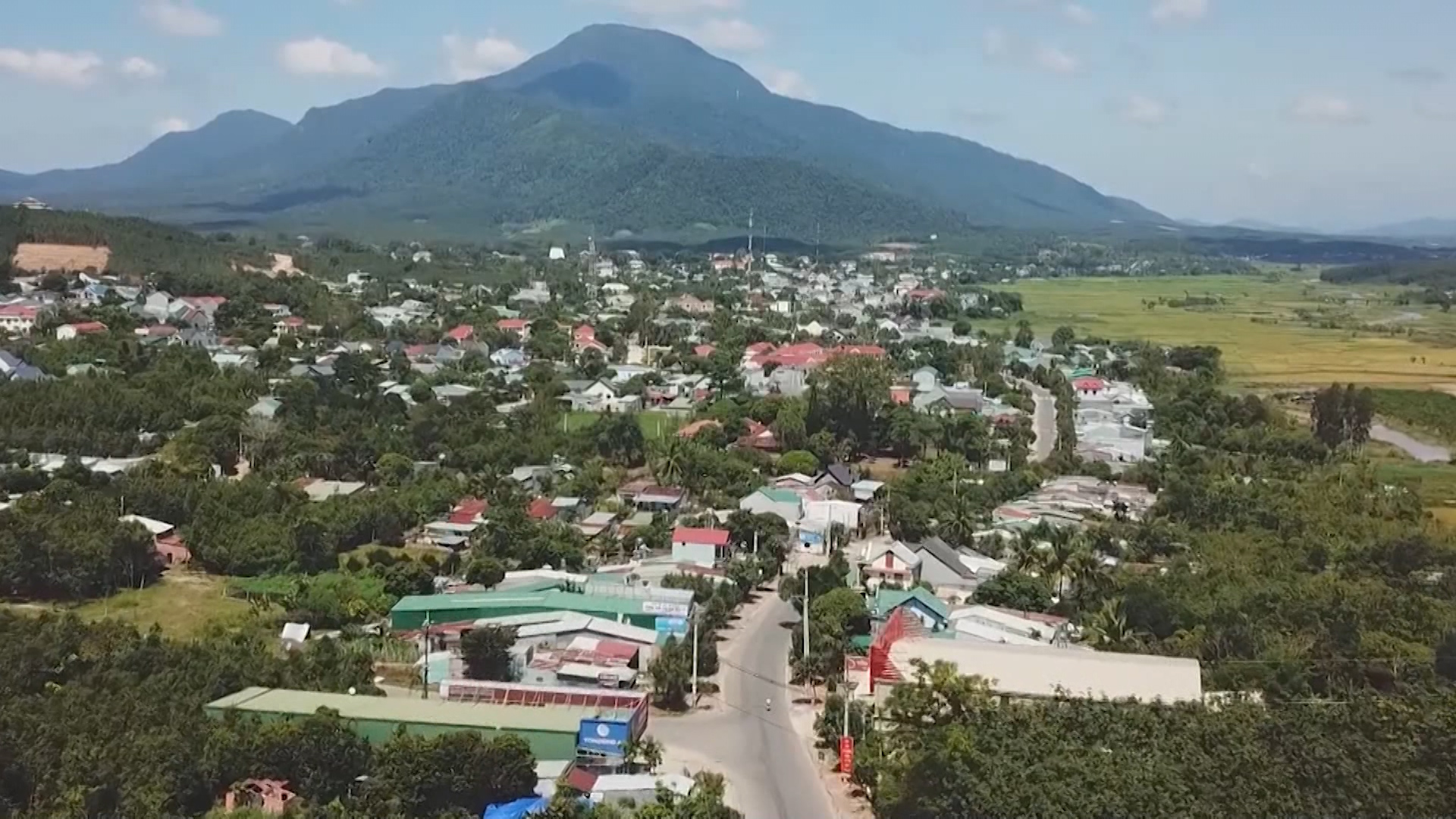
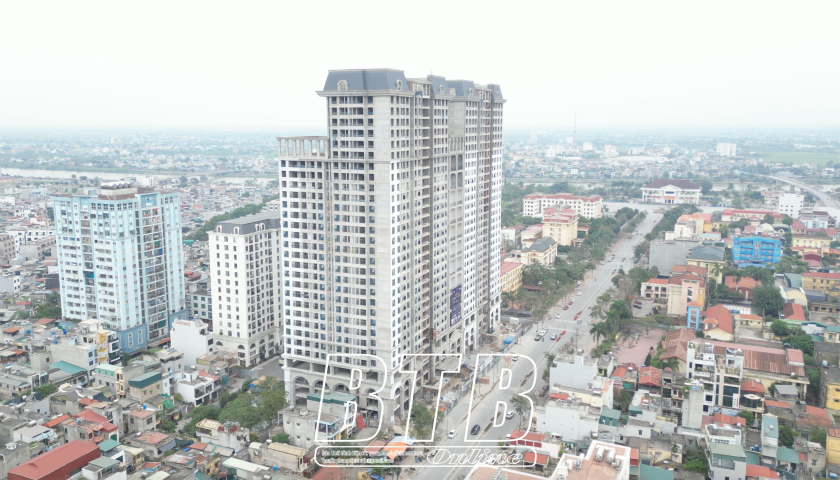

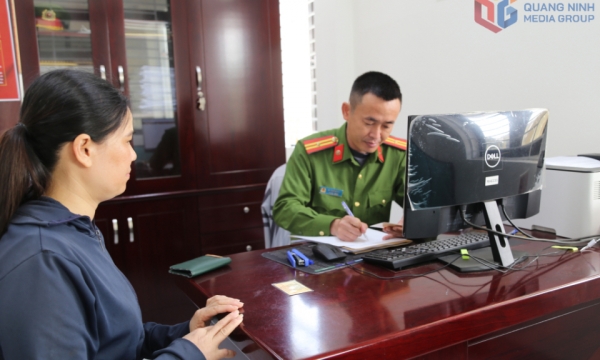

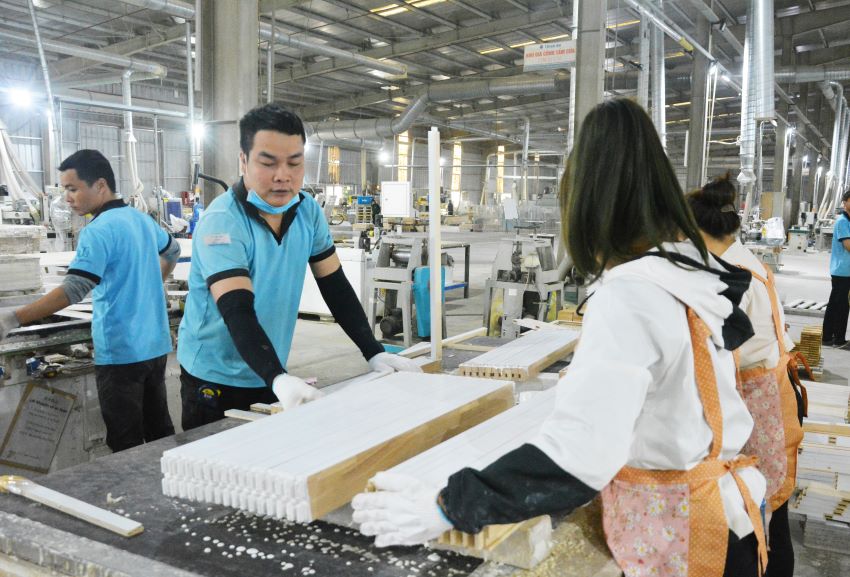












Comment (0)